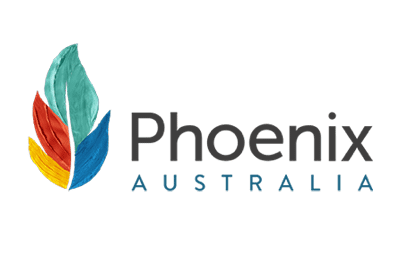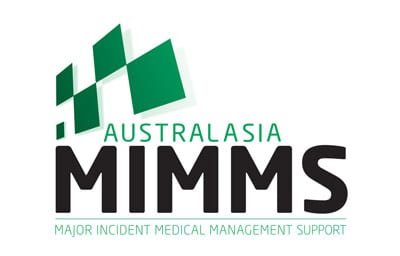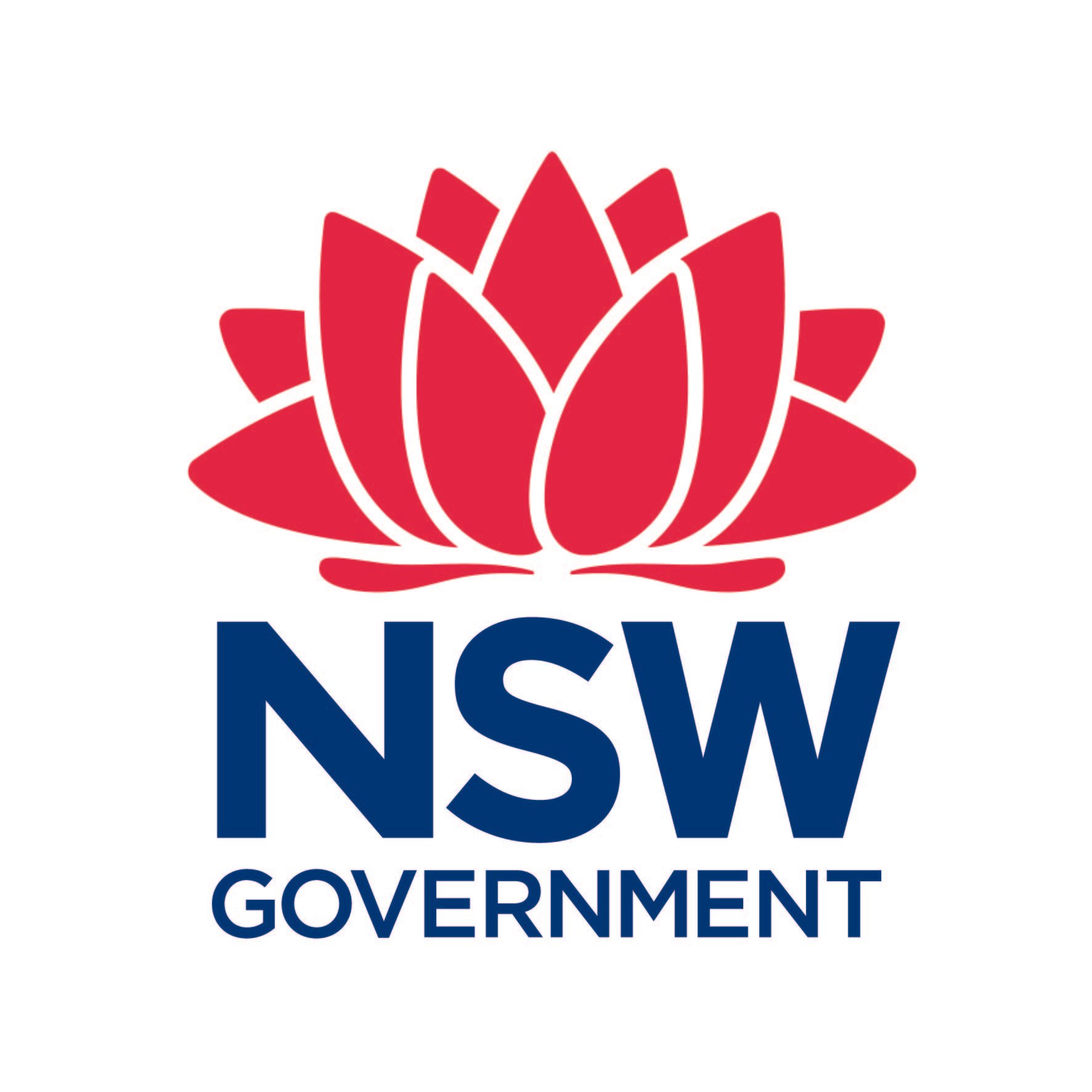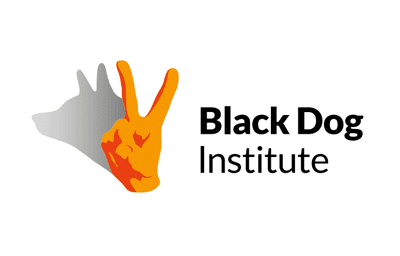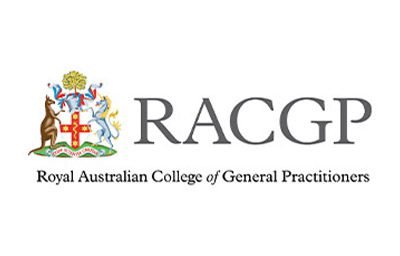Disaster Support for Health Professionals
Natural disasters are part of the Australian climate and landscape. In recent years, the devastating drought, bushfires and floods in the Murrumbidgee region and beyond have had an enormous impact on our local communities. These natural disasters and health emergencies, such as COVID pandemic, can also pose a risk to the business continuity of primary health providers.
This webpage was developed to equip health care providers with useful resources and information to support their preparedness and response to disasters.
* This website provides access to resources and assistance for people in the Murrumbidgee. Other supports may be available and not necessarily reflected on this website. For further assistance, resources and support in the event of a natural disaster or emergency please contact the team at MPHN.


















